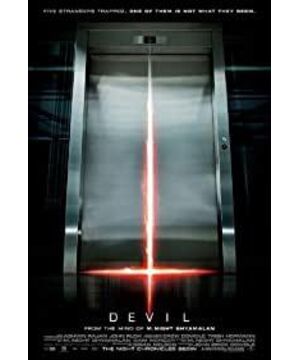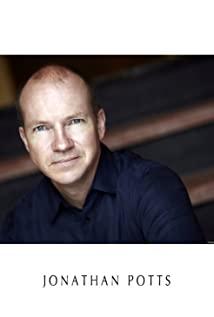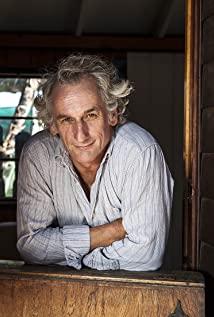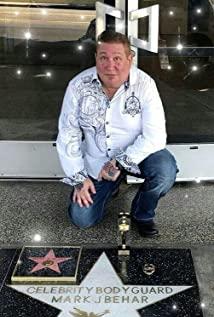However, this low-cost "Demon in the Elevator" directed by others because of the busy schedule and unable to spare time, just shows the strong screenwriting ability of M. Knight Shyamalan. Of course, this film certainly won't become a classic masterpiece, after all, hardware investment is stretched thin. It can only be said that how much money is spent and how many things are done, then obviously this has exceeded the task perfectly. As we all know, low-budget secret room movies are scripted for success and scripted for failure. The more well-known classic case of success is the "Frightened Fang" series. The atmosphere is suspenseful enough, the plot goes wild, and the ending is unforgettable. Last year's "Final Interview" can also be regarded as a textbook-level work, although the ending is jaw-dropping, it is quite contrived, and it is suspected of playing word games. But this can't hide the director's powerful scene scheduling ability. The above two films are typical examples, and then return to "The Devil in the Elevator", which has a suspenseful, thrilling, and even terrifying temperament, but the charm is a little worse. After all, there is not enough room for the connotation to rise. The "God" that the movie wants to express can be said to be unobstructed. For this reason, this is actually an excellent "internship work" by a new director, and there are many remarkable things.
As soon as the film opens, it presents the audience with an "inverted" world, with an obvious intention to point to the point. Since there is a "devil", it must be the opposite of the real world. Although this kind of advancement method is not old-fashioned, it is not impossible to enter it single-handedly. With the rainy and hazy weather, it is very simple and clear to make a natural setting for the horror tone of the whole film. Secret room movies can often get to the point quickly and won't be sloppy. This is the most standard configuration of "The Devil in the Elevator". The environment, characters, and causes are all in place, and the next step is to see the flow of the plot. The integration of religious elements is essential. The two completely opposite virtual spiritual images of "devil" and "God" can find a basis for self-justification. Several passers-by who seem to have nothing to do with each other are gathered together by a pair of invisible tentacles. This is the most commonly used routine in the "Chainsaw" series. In other words, there is basically nowhere to find the innovative aspects of the film. It can only be said that it is new wine in an old bottle, changing the vest and going through the scene again. Personally, I feel that in the creation of the atmosphere, the film seems too deliberate. Join a security guard who is convinced that the devil is coming, and talk about his "superstitious stories" "incessantly". This passive method of instilling suspense is better to abandon. At least one "degree" must be grasped, and one cannot leave the country so frequently. An intriguing suspense film has always only revealed clues, or even said nothing, and the audience is fully involved in it. Rather than relying solely on actors to read the dialogue eloquently to interpret.
In fact, the two new directors launched the work "Quarantine Zone" in 2008, which is a remake of the Spanish version of the pseudo-documentary "Death Video". Compared with "The Devil in the Elevator", "Quarantine Zone" is completely "invisible", with an empty body. The hands and feet are completely bound by the original work, and there is no room to let go, and the atmosphere creation is simply a complete failure. From this point of view, this well-established work has obviously handed in a satisfactory answer sheet. The theme of the film is very simple and unpretentious, that is, "humanity in a light of hope". As directly stated at the end: "If the devil is real, then so is God". The light of human nature is eternal, no matter how weak or dim it is, it is enough to drive away demons. Everyone has their own original sin. The important thing is not whether the sin is deep or not, but whether it can be clearly and timely realized. Our sins do not need to repent to God devoutly, nor do we need to seek death from the devil to punish us. What is needed is the heartfelt forgiveness of those we have hurt, and that's it. Actually, I would really like to suggest that M Knight Shyamalan devote himself to writing the script in the future, not only writing but not directing. Maybe, one day in the future, history will be able to repeat itself. But if this is the case, it would be too ironic and too desolate.
View more about Devil reviews











